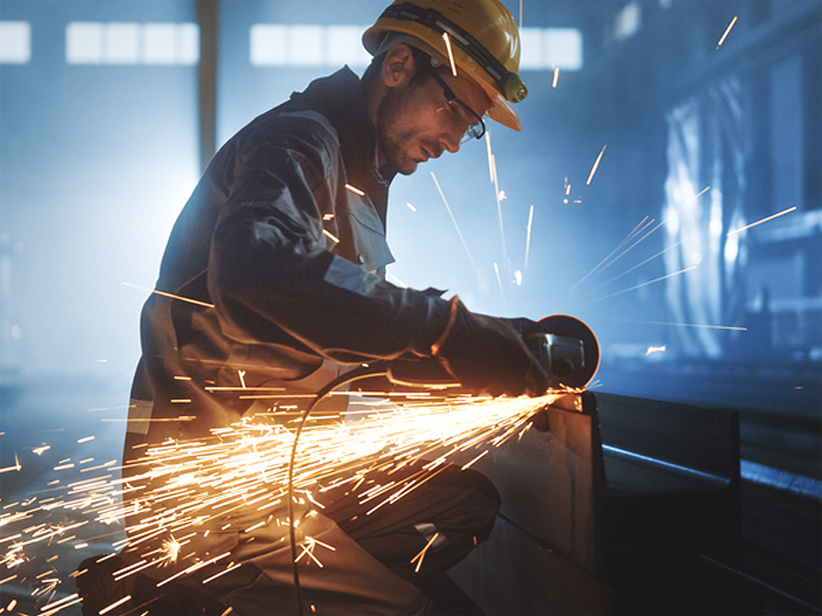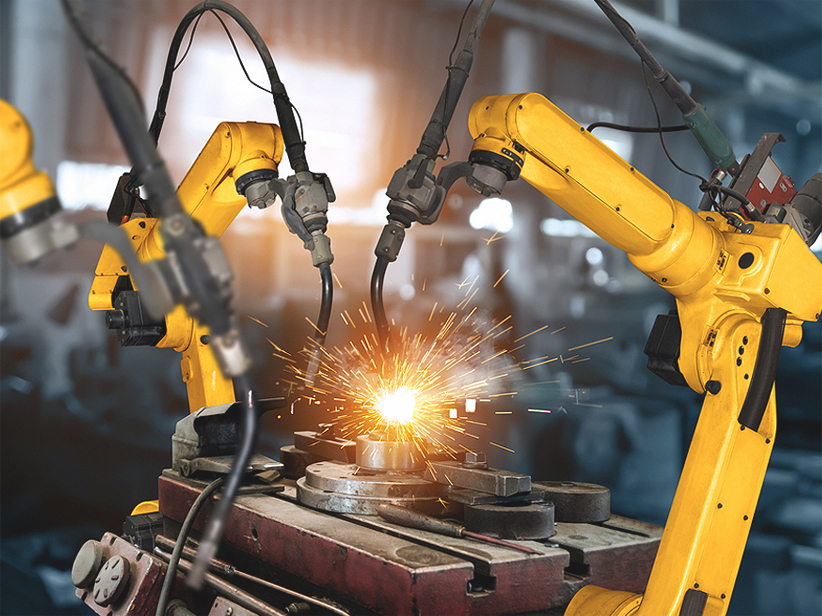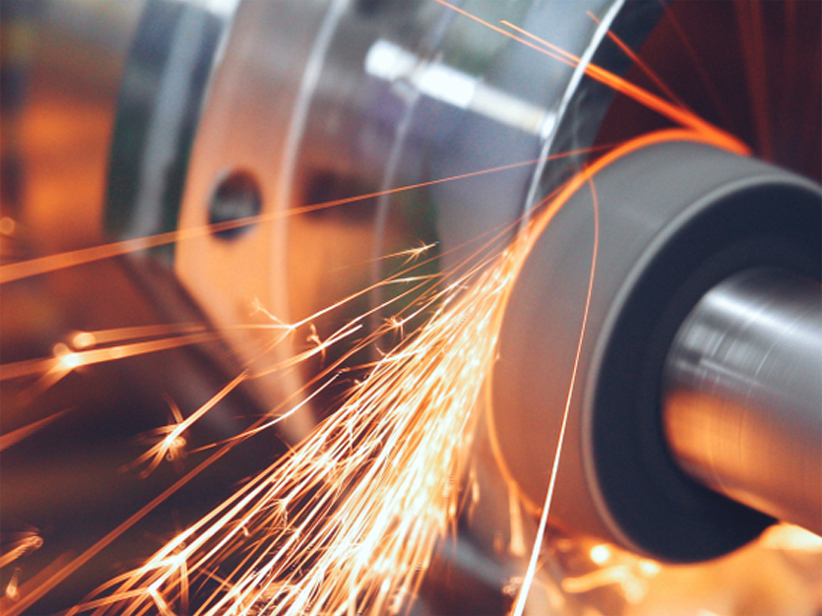Stainless Steel - Grade 409Ti / 1.4512
Description
Stainless Steel Grade 409Ti/1.4512 is a stabilized ferritic stainless steel with titanium added to enhance its weldability and resistance to corrosion, particularly in high-temperature environments. This grade is often used in automotive exhaust systems and other applications where oxidation and corrosion resistance are essential. 409Ti offers good mechanical properties and is a cost-effective alternative to higher alloyed stainless steels.
Chemical Composition
- Chromium (Cr): 10.5 - 11.75%
- Nickel (Ni): ≤ 0.50%
- Manganese (Mn): ≤ 1.00%
- Silicon (Si): ≤ 1.00%
- Nitrogen (N): ≤ 0.030%
- Carbon (C): ≤ 0.03%
- Phosphorus (P): ≤ 0.040%
- Sulfur (S): ≤ 0.020%
- Titanium (Ti): Stabilized with 6x (C+N) minimum
Mechanical Properties (Annealed)
- Tensile Strength: 380 - 450 MPa
- Yield Strength: 205 - 350 MPa
- Elongation: ≥ 20%
- Hardness : ≤ 180 HB (Brinell Hardness)
Thermal & Physical Properties
- Density:7.75 g/cm³
- Specific Heat: 460 J/kg•K at 20°C
- Thermal Conductivity: 24.0 W/m•K at 100°C
- Electrical Resistivity: 0.60 µΩ•m at 20°C
- Coefficient of Thermal Expansion: 11.0 µm/m•K (20-100°C)
Other Designations
- UNS: S40977
- DIN: 1.4512
- EN: 1.4512
- ASTM: 409
Fabrication and Heat Treatment
- Welding: Grade 409Ti/1.4512 can be welded using common welding techniques, including TIG, MIG, and resistance welding. Preheating to 150-200°C is recommended to avoid cracking, followed by post-weld annealing.
- Forming: Easily formable using standard methods, but forming at room temperature is recommended to avoid cracking.
- Heat Treatment: Annealing at 750-850°C followed by air cooling. This grade does not harden significantly with heat treatment but can be annealed to relieve stresses.
Applications
- Automotive: Exhaust systems, mufflers, catalytic converters, and other components exposed to high temperatures and corrosive environments.
- Industrial: Heat exchangers, furnace parts, and other components requiring oxidation and corrosion resistance.
- Construction: Structural components exposed to mildly corrosive environments.
Supplied Forms
- Bars
- Wires
- Coil
Features
- Corrosion Resistance: Good resistance to oxidation and corrosion in mildly corrosive environments and at high temperatures.
- High-Temperature Performance: Maintains mechanical properties and resists oxidation at elevated temperatures.
- Formability: Good formability allows for ease of fabrication into complex shapes.
- Weldability: Enhanced weldability due to titanium stabilization, reducing the risk of intergranular corrosion.
- Cost-Effective: Offers a lower-cost alternative to higher alloyed stainless steels without compromising on essential properties.






